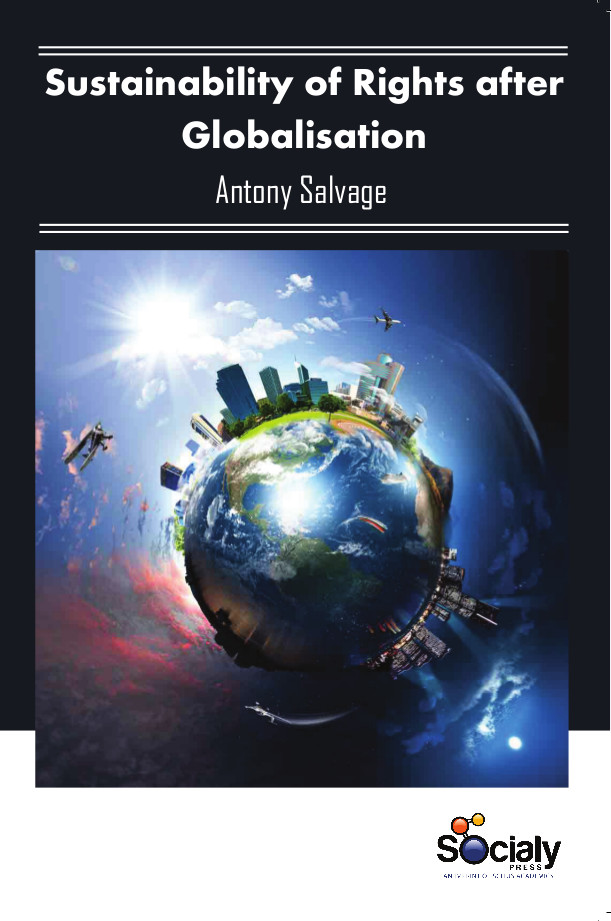During the last few decades, human dynamics, institutional change, political relations and the global environment have become successively more intertwined. This increased global economic integration, global forms of governance, globally inter-linked social and environmental developments are often referred to as globalisation. However, it can mean the growing integration of markets and nation-states and the spread of technological advancements; receding geographical constraints on social and cultural arrangements. Foreign trade in goods and services, capital, technology and labour all move more freely across borders. In addition to economic gains, there have been significant benefits in the areas of culture and governance. Public awareness of issues such as human rights, democracy and gender equality has increased significantly because of the greater access to newspapers, radio, television, telephones, computers and the internet. These developments have arguably led to improved allocative efficiency that, in turn, enhances growth and human development.
Sustainability of Rights after Globalisation presents an emphasis on various concerns of globalisation and its interface with rights. It reinforce the view that trade, employment and social policies need to be pursued together. While globalization is seen as a potential source of growth and poverty reduction, a range of conditions need to be in place to maximize its benefits and ensure that those affected negatively are compensated. This suggests an important role for governments in investing in public goods and in strengthening the functioning of different markets that are crucial for smooth and growth-enhancing reallocation processes. The important role of social protection in open economies is emphasized and the discussion highlights the need to adjust social protection systems to local conditions. Responsible competitiveness means markets that systematically and comprehensively reward business for strategies and practices that take explicit account of the social, economic and environmental impacts. Making sustainable development count in tomorrow‘s markets requires political, business and civil society leaders building effective public policies, strengthening social conditions and supporting responsible markets. Contributions to the monograph also highlight the role that education and skill-development policies play in strengthening the labour force’s ability to adjust to change and ensuring a wider distribution of the gains from trade.













